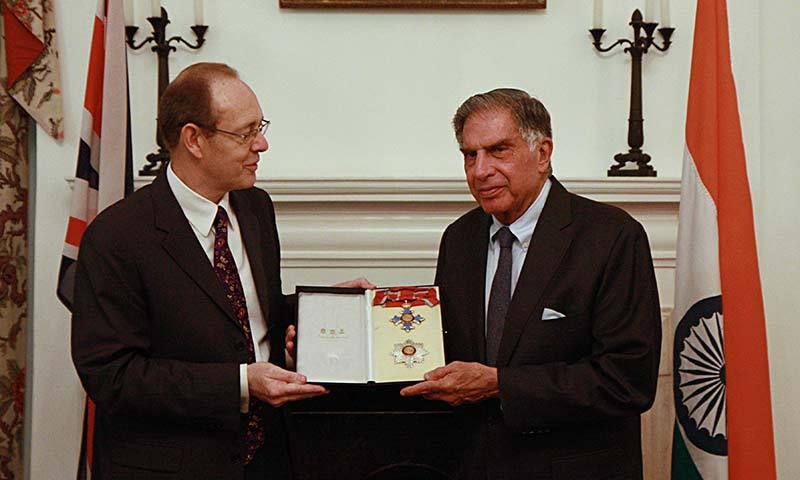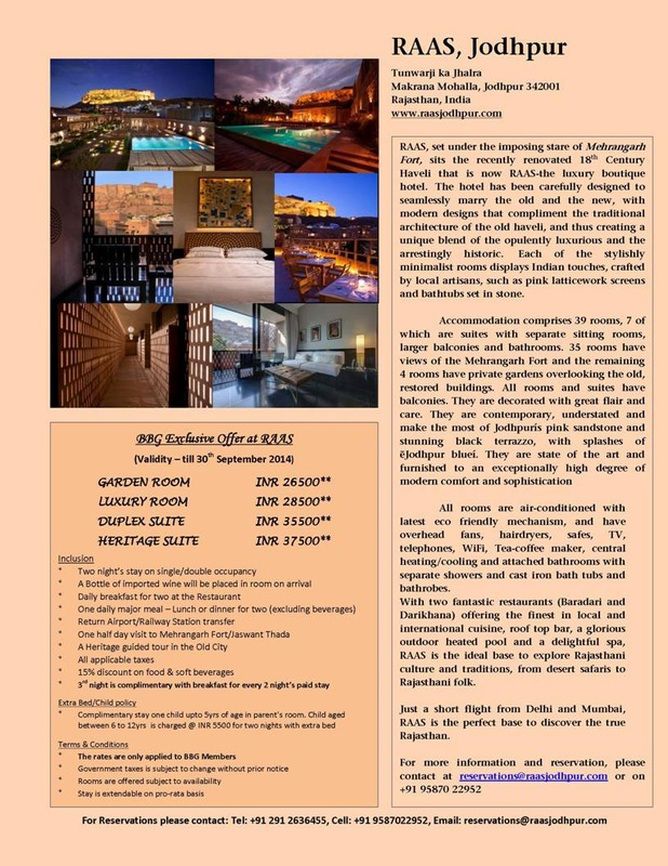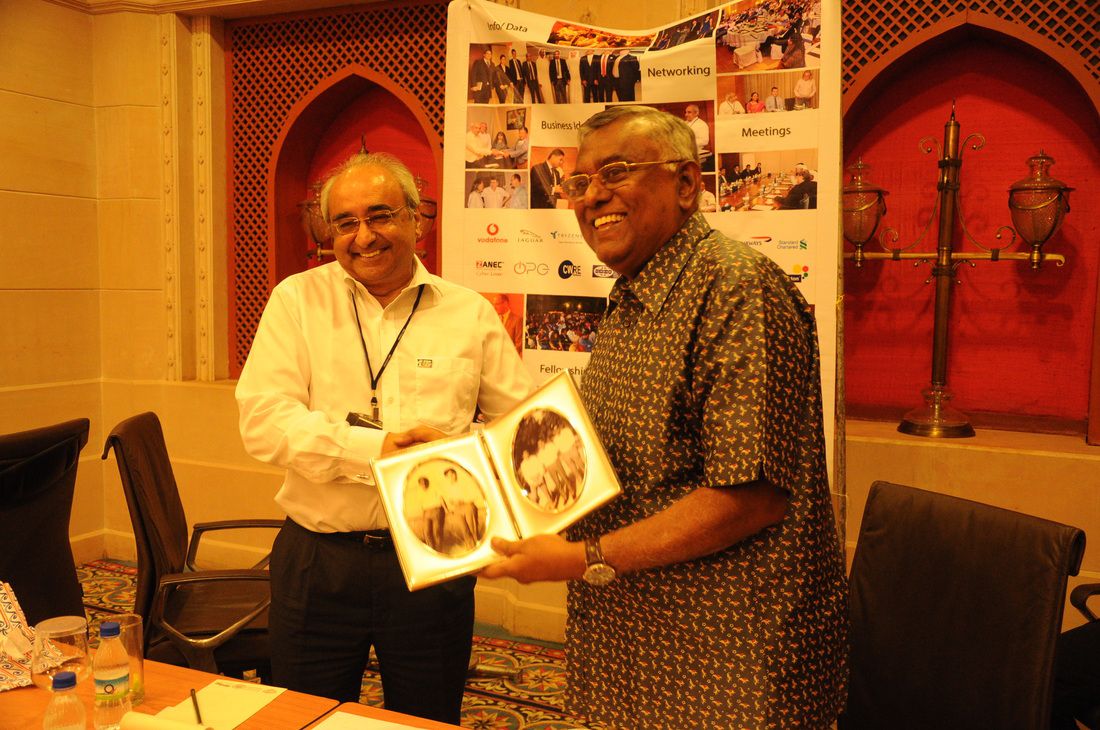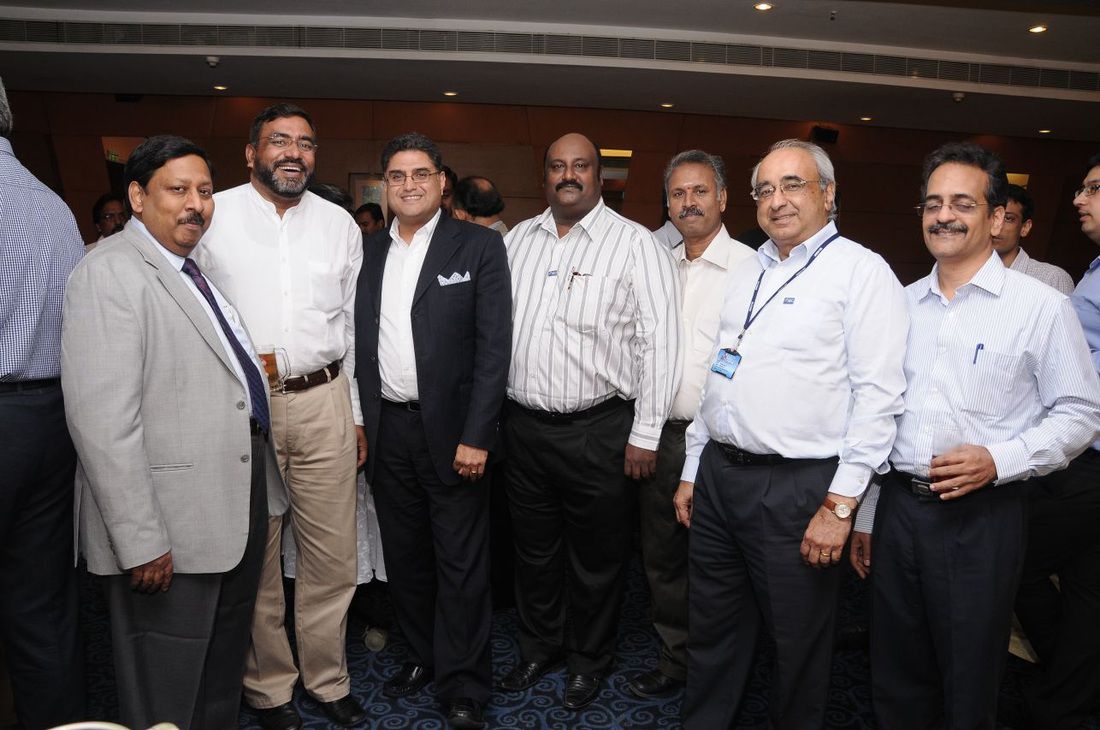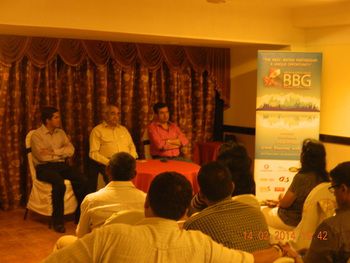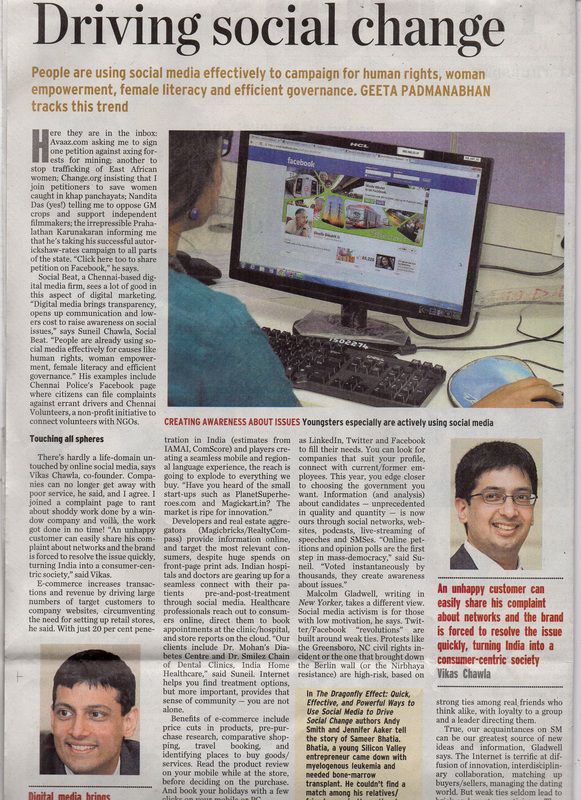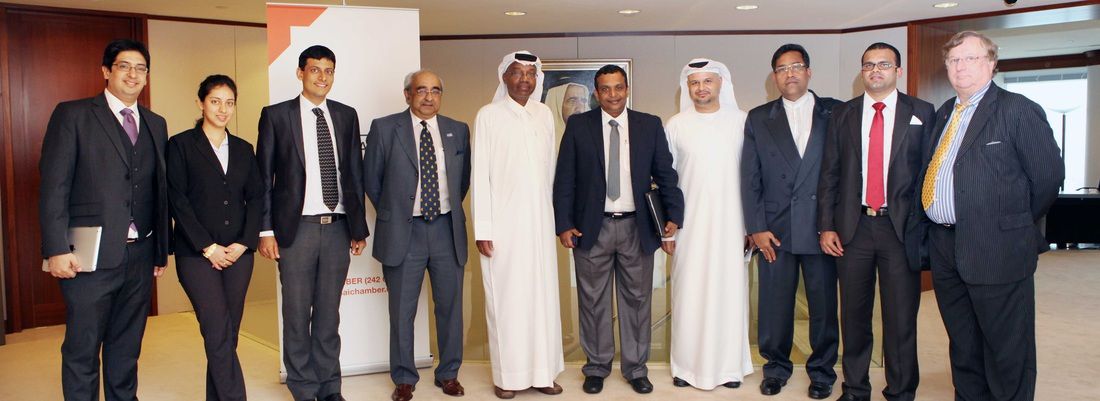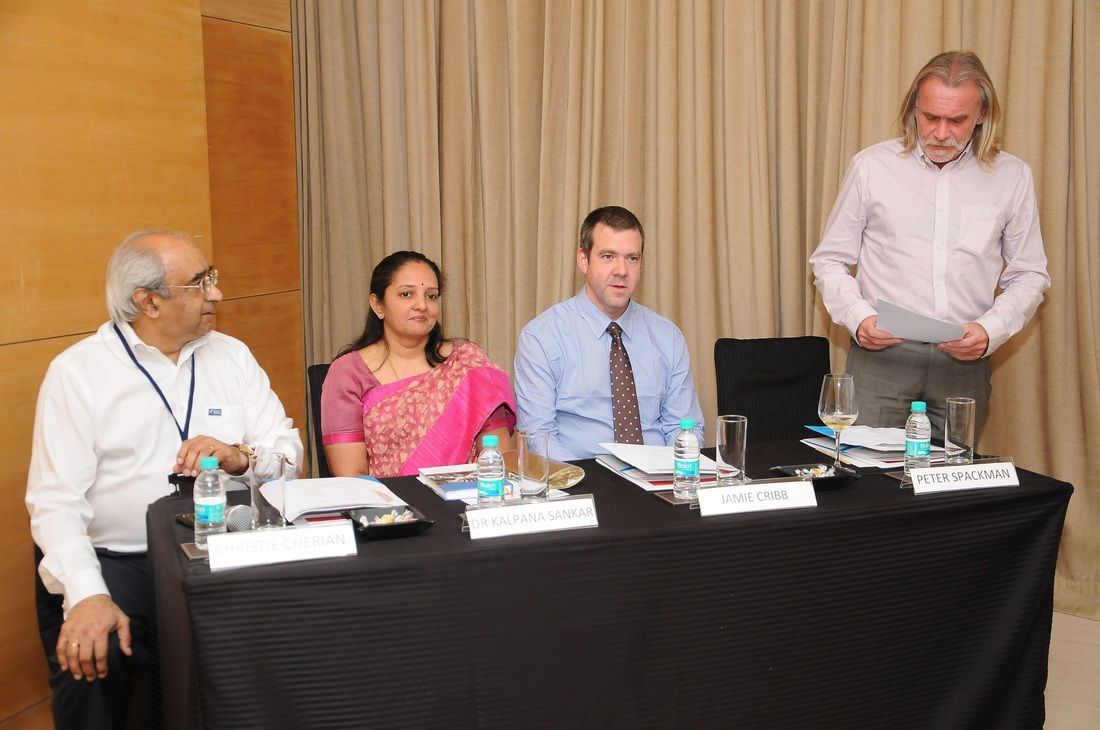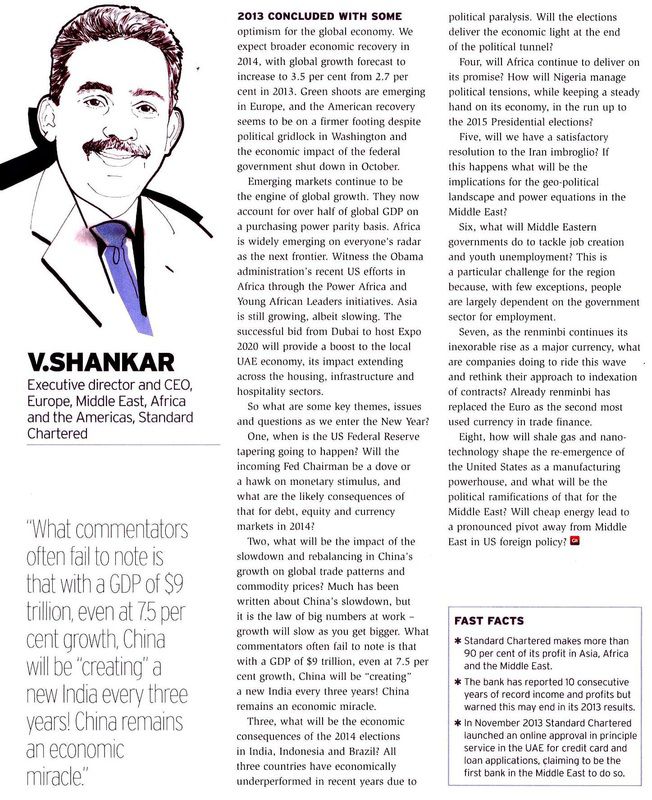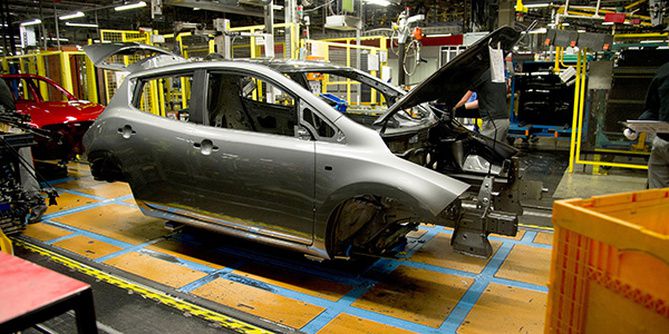Since our guest speaker, Wendy Stephenson couldnt make it to Chennai due to last minute change in her plan, she sent across her speech which was read by committee member, Balajee. Below is the full speech for your reference:
“The Challenges of a UK company doing business in India
In my career I have worked for long stretches in China, Thailand, Brunei, other parts of Europe and now India. Each of these countries has brought its own set of challenges but none have presented challenges in quite the same degree as India has, and as a consequence contributed to my own growth, for which I am grateful.
I have identified my top five challenges that our business (and I) have faced since setting up here in early 2008 and how I think we have overcome.
1. Understanding when yes means yes and when yes means no.
2. Jugaad – after plan A, there’s plan B, if plan B fails, then plan C and if that doesn’t work…then there’s always Jugaad!
3. Convincing British colleagues and investors to do business in India the Indian way not the British way!
4. Resourcing the team that will make it happen
5. Coping the sensory overload and not putting on weight!
1. Understanding when yes means yes and when yes means No!
This is critical! When I first came to India, I naively thought that when the bank manager said yes to my proposal he meant it. After several months of no progress and a close call with a non-performing account I began to doubt that I could trust the banks again. Only after this did I learn that is impolite to say no in business but then this gave me the insurmountable challenge of never knowing when a yes was a yes and when a yes was a no. The way we overcome this was through localising our team…because after five years I still cannot tell the difference!
2. Jugaad – after plan A, there’s plan B, if plan B fails, then plan C and if that doesn’t work…then there’s always Jugaad!
I am an engineer but I have also inherited a Germanic/Scandinavian nature towards, neat, linear, well defined strategies, objectives and targets. I feel comfortable with this very Anglo-Saxon approach, it’s how I expect the business to run, I look to systems to manage people, not people to manage people and anything not captured in the gaant chart is, quite frankly, alienated, out, trashed. That was until I came to India!
In India I have had to learn to develop business as you would learn to drive on India’s roads! You may know the rules but you don’t necessary follow them – all the time! You are not bound by white lines to keep you straight and linear, you can move sideways and even sometimes go the face of the traffic….but in India, it’s not the wrong way if it gets you to where you need to be! You have to be tolerant of others who share the same route and may nudge you out but you must keep your cool and just nod. If you fight this flow you will never complete the journey or if you do, you will be too frazzled to enjoy your arrival. Instead one has to trust, not in the gaant chart but in the journey, go with the flow, trust and you will eventually arrive.
3. Convincing British colleagues and investors to do business in India the Indian way not the British way!
So in the light of the gannt chart versus jugaad, one of the biggest challenges I face is how to report to my UK colleagues and investors who are used to seeing progress against milestones, risk assessments and mitigation factors all neatly presented in lengthy reports to give them the comfort that everything is under control.
Yet Jugaad it about letting go, not controlling too much…..but coming up with a solution at the last minute that you might never have thought about before. It is about relationships, trust, and risk, not a word that we Brits are very comfortable with.
Even when I present all this information with legal opinions and evidence, still some of our UK colleagues will want to get it vetted by a UK laywer or accountant at even more expense then come back with a lot of questions that might actually be very irrelevant and impossible in the Indian context. It’s a costly exercise.
So how is this best overcome? Our UK colleagues and investors need to learn to trust a little more and make the effort to understand how India works, but our Indian colleagues need to also understand how the UK works and to try and provide information that can be reported in a way that gives them a little more comfort. This is where the true partnership is then forged and will allow your business to succeed where others have failed.
4. Resourcing the team that will make it happen
I am not Indian, I was not brought up in India and I have only started working here in the last five years. So how can I, or any of my UK Colleagues expect me to deliver the business success that we are striving for…….well they did.
Fortunately for me, my previous experience taught me that for an international business to really succeed it needs both expat and local input. Not only that, I am a firm believer as the CEO, that my role is to gather experts around me that will tell me how they are going to do it and to give them the space and the support they need to deliver it.
Our success will be because of our local team, without them, their expertise, their local knowledge and experience, I am very sure that we would struggle to be the business we need to be.
If you are a CEO and your telling your team what to do, you have the wrong team!
5. Coping the sensory overload and not putting on weight!
I took my mother to the cinema to see the film ‘ The most exotic Marigold Hotel’ and the opening scenes reflect the India that is busy, fast, colourful, noisy and apparently chaotic. On seeing these scenes she leant across and whispered to me….’is India really like that?’ I whispered back….’No. It’s worse’!
To a simple, peace-seeking, walker like me, India is sensory overload, the smells, the noises, the colours and the pace all make India this amazing energy that it is and a challenge to my head!
At first I struggled with all its contradictions, the disparity between rich and poor, the corruption, the environmental degradation in the cities and the difficulty in understanding how to do business and most of all…. what ‘Yes’ meant. Some people in the UK had said that India is amazing, it will change you, it’s so spiritual. But to me as an environmentalist – I couldn’t see this, how could there be all this environmental pollution and waste if the country is so spiritual!
And then something amazing happened, I watched an old lady begging on the street from my hotel window. When people walked by she would smile, after a while she got up and walked down the street to a temple where she prayed. She was so apparently, content or happy with her lot that I felt ashamed of myself.
Because all this time, I had been looking in the wrong place. I had been looking outside and not inside. How else can people live in such challenging circumstances and still appear to be some of the happiest people i have ever met. This realisation had led to my own growth and influence the way I conduct business and work with my team with very positive results.
That I think is the secret to doing business in India, you have to change your response to the outside world and not try and change the outside world (India) to suit who you are – otherwise you will fail. If you change your response I believe that you too could calmly drive on a very risky Indian road, taking directions from someone more expert than you, smile when someone almost kills you but above all, you will arrive, one-day.
Oh! And the putting on weight bit, well I am a lot lighter mentally and able to cope very easily with doing business in India – physically, I don’t have a solution about how do overcome this because the food is gorgeous!
I am sorry I couldn’t be with you.
Best wishes,
Wendy”
